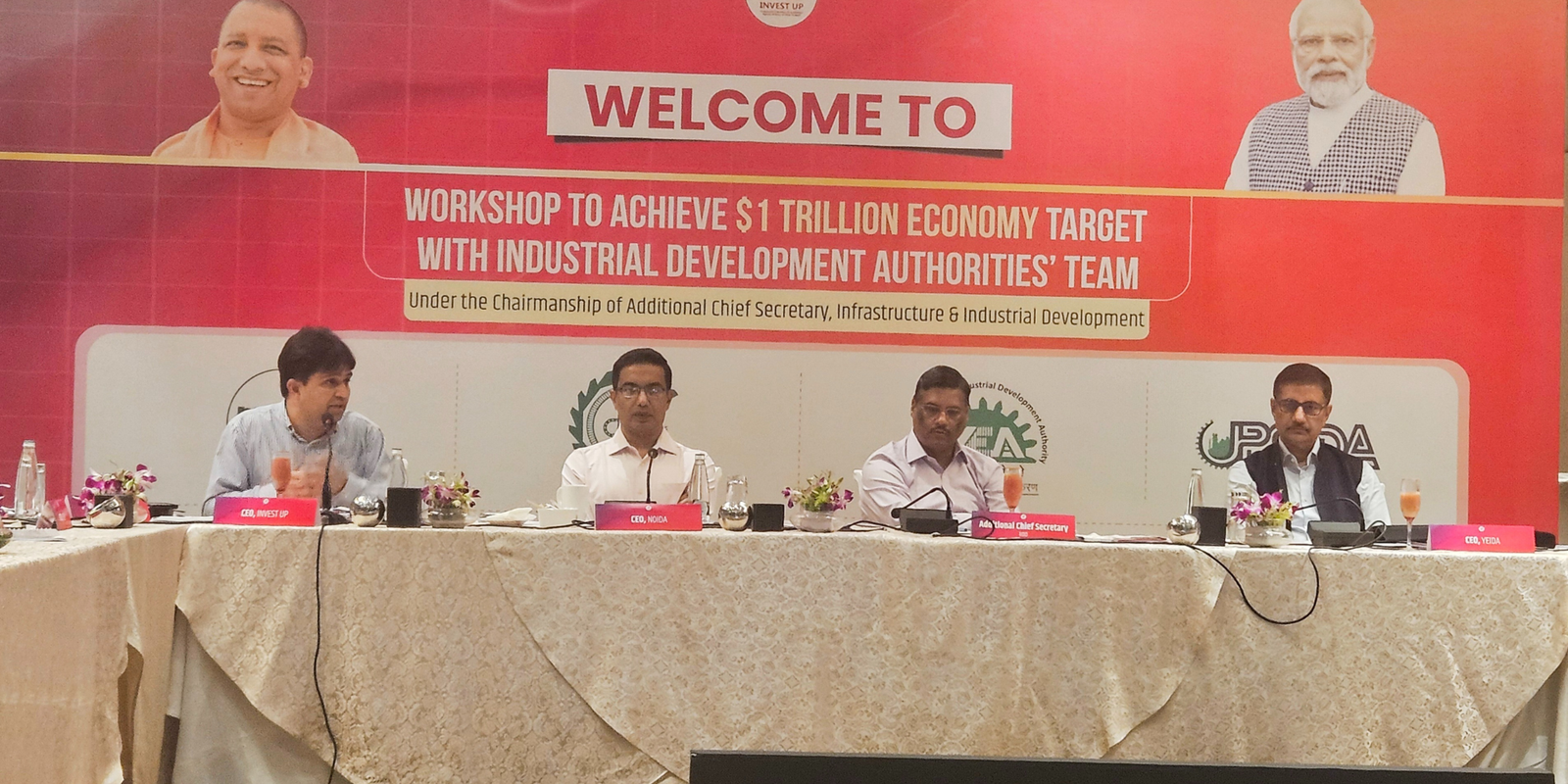Deeptech founders show optimism on funding, but talent and infra remain hurdles: Report


A little over five in ten respondents (53%) reported that funding is difficult to access. At the same time, more than 58% said they are confident they can secure their next round. Only around three in 100 founders described funding as abundant. That mix of hope and friction shows a market in transition, not one that has settled into a predictable rhythm.
The most common reason given for fundraising trouble was that investors do not fully understand deeptech. Close to half of the respondents (45%) highlighted investor understanding as the main barrier. Other problems were long product development cycles and valuation mismatches.
“Deeptech founders in India are tackling problems that demand long-term commitment, significant technical depth, and a strong ecosystem to lean on,” noted Abhishek Srivastava, General Partner at Kae Capital, in a statement.
The survey points to a group of sectors drawing particular attention. Energy transition, robotics and automation, consumer-facing deeptech, agritech, advanced materials, semiconductors, space technology and quantum are the fields most often named as promising. These areas stand out because they solve hard technical problems and have clear routes to commercial use, which attracts domestic and international capital.
Market adoption and talent are frequent practical headaches. Roughly four in ten founders said India’s domestic market is becoming ready for deeptech. Yet almost one-third report pricing mismatches, and the same share flag difficulties when entering overseas markets. Founders also pointed to limited technology maturity and slow engagement from Indian original equipment manufacturers as bottlenecks to scaling.
The people problem is stark and immediate. Skill shortages were identified by 45% of founders as a top concern. Around one in five said salary expectations are too high, and one in five also cited competition from multinational companies for the same talent.
Access to testing and production facilities is uneven. Only about 23% of companies reported full access to specialised labs, fabs, and test centres. A clear majority, 57% said they had only partial access, and one in five had no access at all.
Policy measures are beginning to help, but more scale is needed. Around 27% of founders singled out tax incentives as the most useful policy, 23% mentioned R&D policies, and 12% said public procurement schemes were helpful. Founders want these measures to go further, with wider lab access, easier procurement for startups and clearer routes to global markets.
“Despite challenges across funding, talent, infrastructure and policy, founders remain optimistic about India’s deeptech trajectory,” remarked Ravi Jain, Investment Director at TDK Ventures India.
Edited by Suman Singh
Discover more from News Hub
Subscribe to get the latest posts sent to your email.







